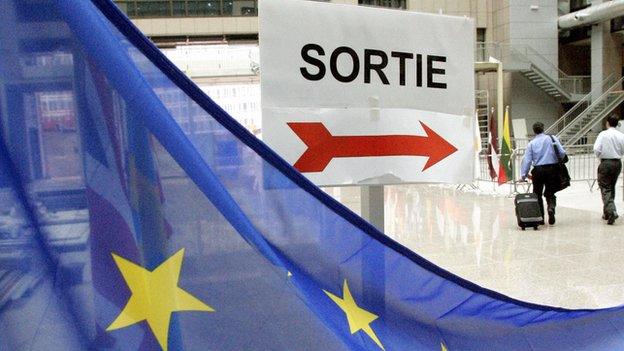EU reform: Can UK and Poland see eye-to-eye?
- Published
- comments
Poland's Minister for European Affairs Rafal Trzaskowski says discriminatory measures would be a "red line for Poland"
"David Cameron has to be realistic," said Poland's Europe Minister Rafal Trzaskowski, "and I'm sure he will be".
It is a message Mr Cameron will hear repeated in capitals across the continent as he sets out on his campaign to renegotiate the UK's role in the European Union.
After a brief breakfast meeting with his Polish counterpart Ewa Kopacz, at a former royal palace in Warsaw, the British prime minister will be in no doubt about Poland's position.
Any British attempt to restrict the rights of migrant workers from other EU countries while they are in the UK will be resisted.
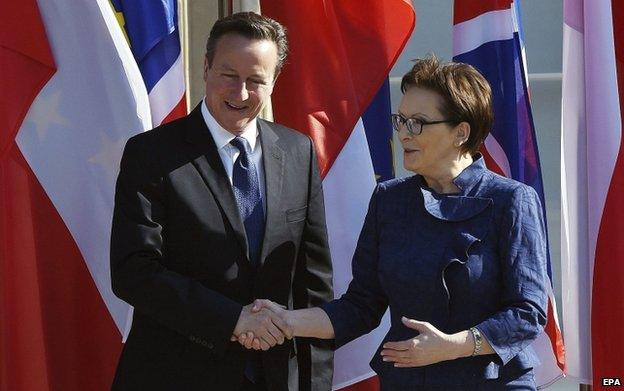
After the breakfast meeting, Downing Street said Mr Cameron and Mrs Kopacz had agreed on the need for more powers for national parliaments
Abuse of the welfare system is a different matter. On that issue, progress can and will be made.
But suggestions that Mr Cameron might seek to prevent other EU citizens claiming in-work benefits such as tax credits are seen as unacceptable.
"We can't accept discrimination," Mr Trzaskowski said, "it's a red line".
Boosting sovereignty
There are other issues, though, on which Poland and the UK clearly see eye-to-eye.
After Mr Cameron's meeting with Mrs Kopacz, a Downing Street spokesperson said: "There was much they could agree on - making Europe more competitive by strengthening the single market, cutting back red tape, ensuring fairness between euro-ins and euro-outs and more subsidiarity, respecting the sovereignty of member states."
The Poles will welcome British efforts to guarantee that the interests of EU countries outside the eurozone are protected.
The notion that national parliaments should play a more active role in assessing EU legislation will also find favour.
But the big political change in Poland this week has not been in parliament but in the presidency.
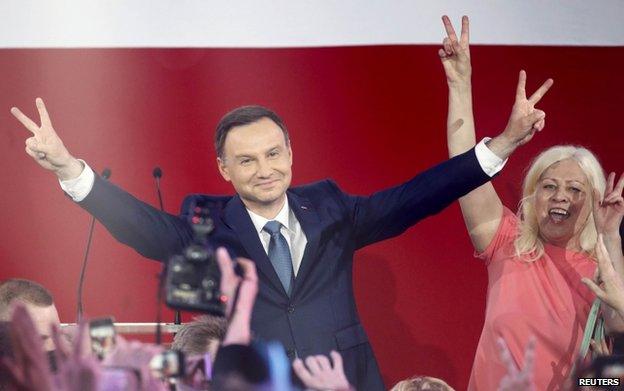
Andrzej Duda defeated former President Bronislaw Komorowski in a second round run-off
The conservative Andrzej Duda has - rather surprisingly - been elected president, after gaining strong support from a younger generation of voters.
Mr Duda was the candidate of the Law and Justice Party, which belongs to the same political group as the British Conservatives in the European Parliament.
"We are strongly against building an artificial European federal state," Jaroslaw Sellin from Law and Justice told me.
"We need to co-operate as independent countries within the EU, and the main focus should always be on the economy."
In other words there is plenty of political opinion in Poland that David Cameron can appeal to.
But British renegotiation needs to be based on the idea of working together, not on dictating terms - that won't work, in Warsaw or elsewhere.

EU reform talks in focus
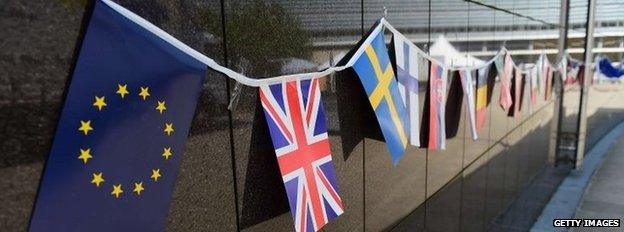
David Cameron is starting renegotiation of the terms of Britain's EU membership ahead of a referendum. Here is some further reading on what it all means:
What Britain wants from Europe

- Published28 May 2015
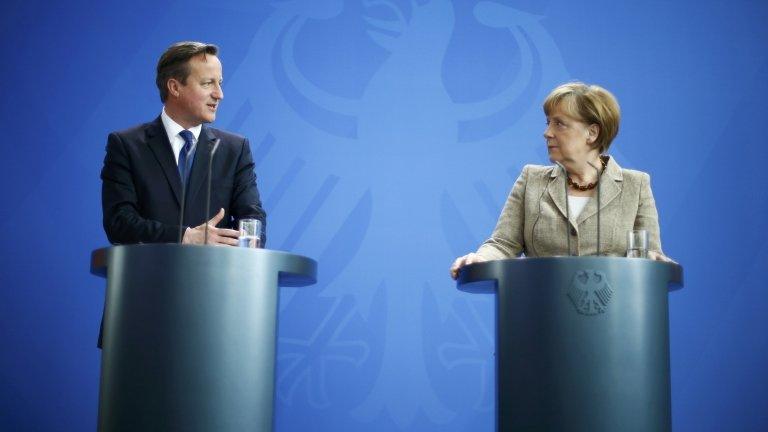
- Published1 February 2016
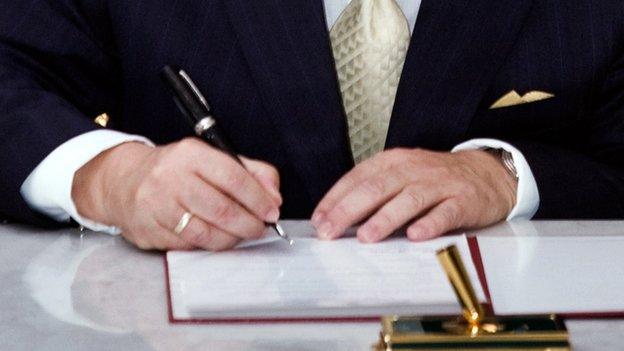
- Published28 May 2015
- Published30 December 2020

- Published27 May 2015
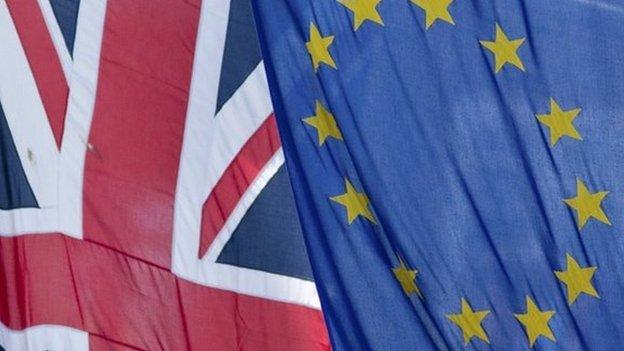
- Published17 February 2016
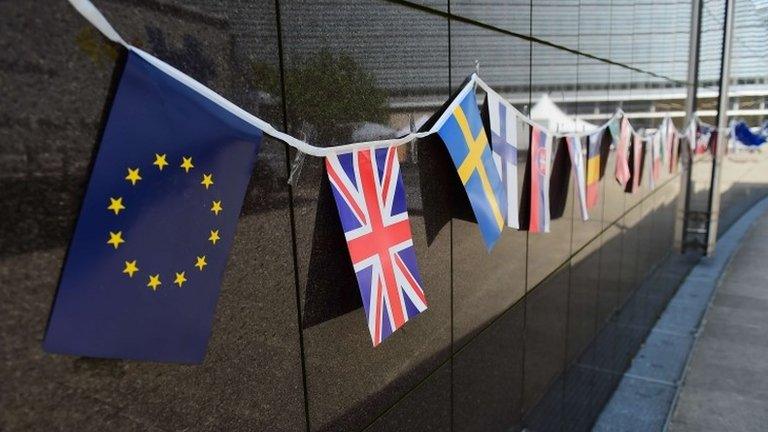
- Published26 May 2016
